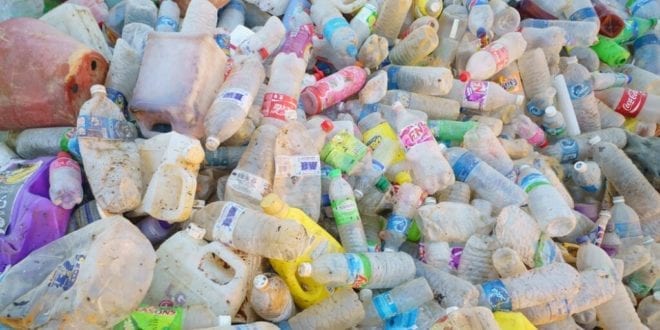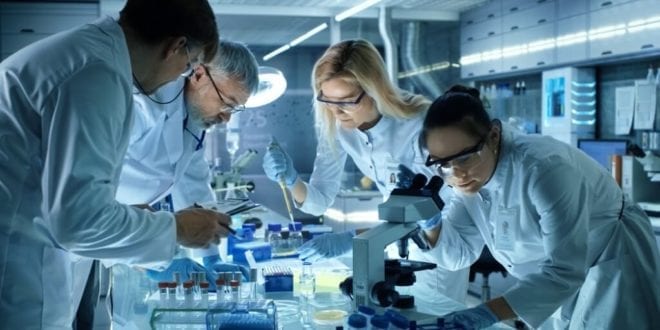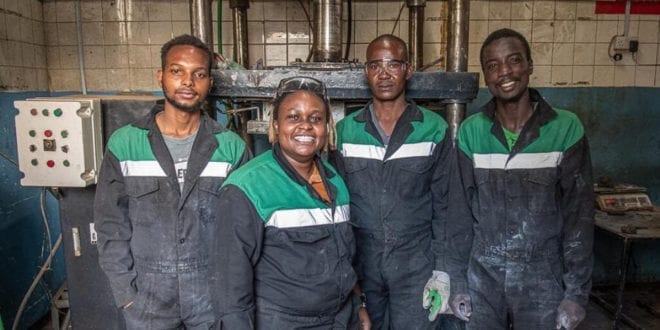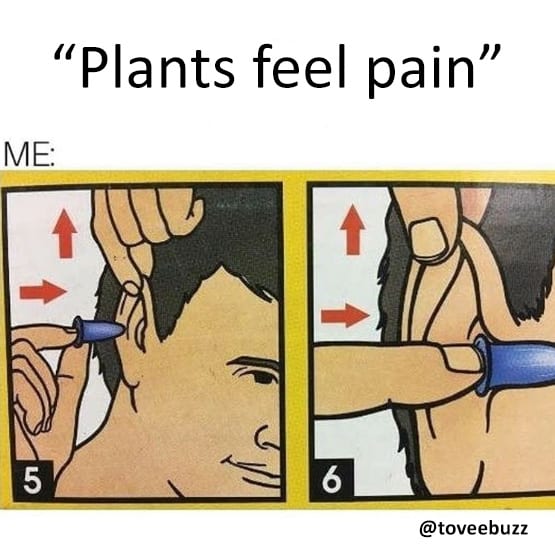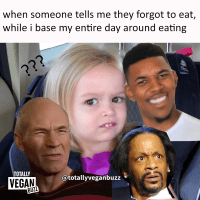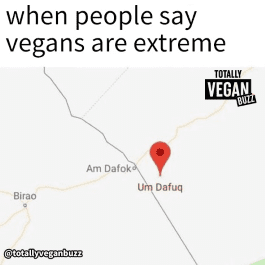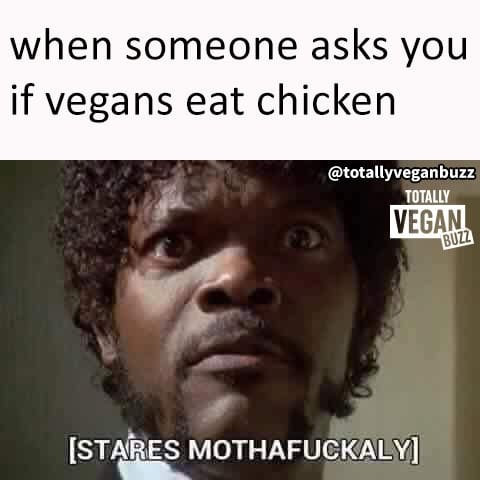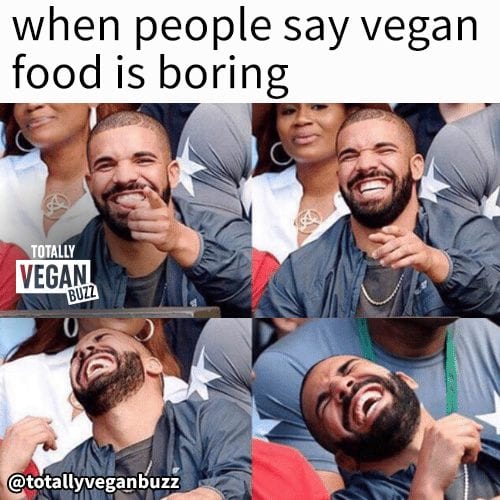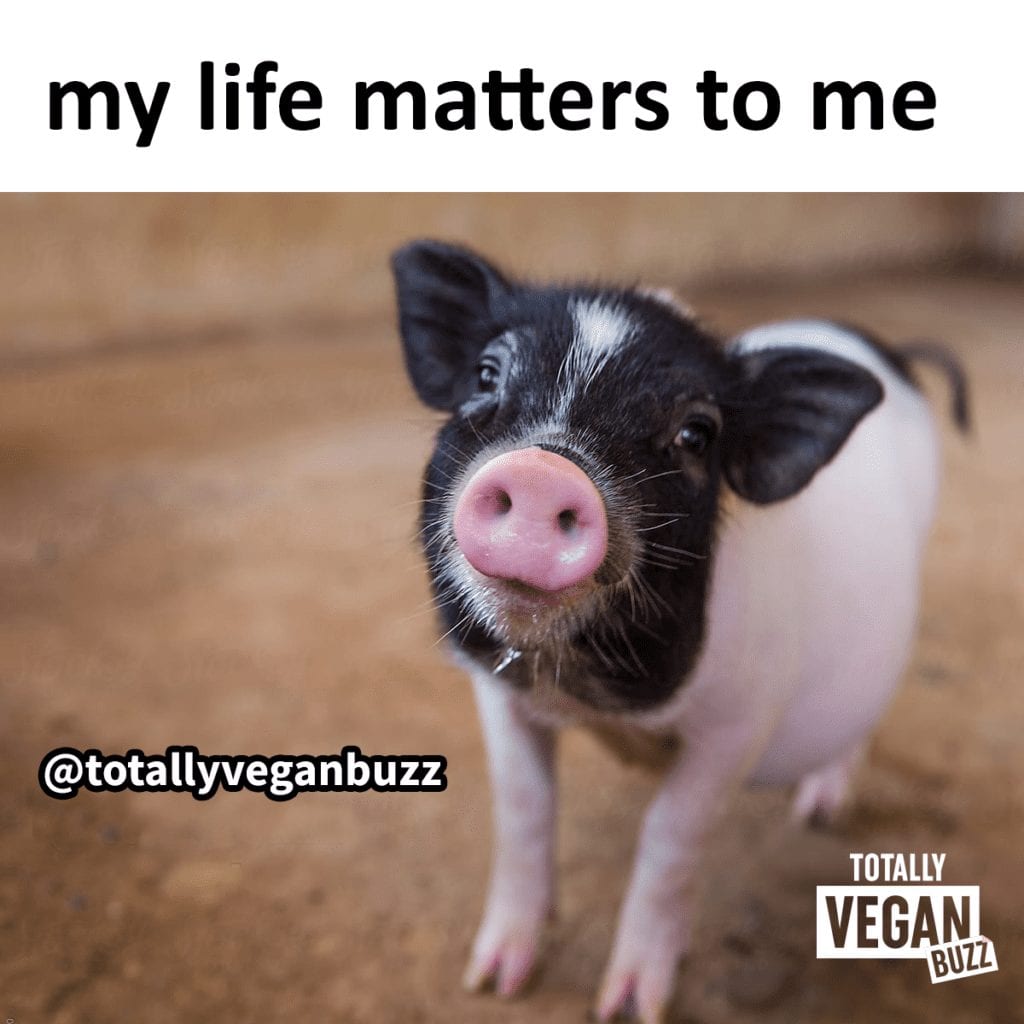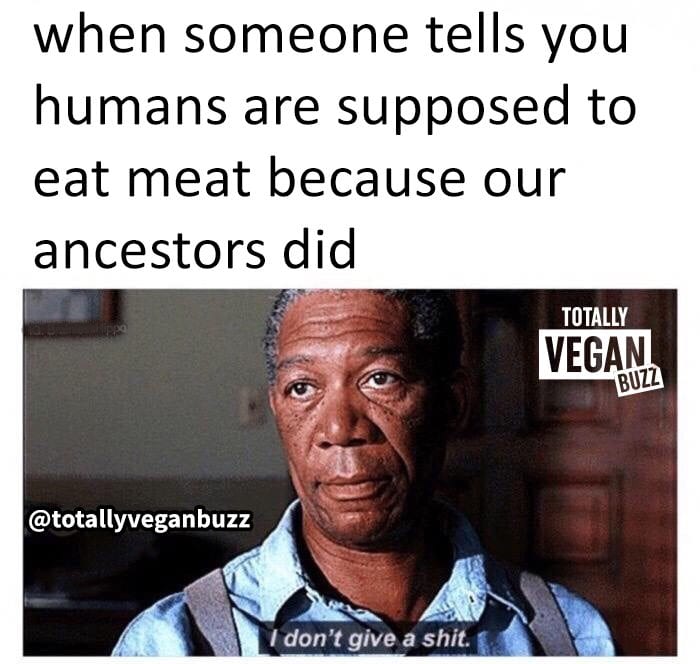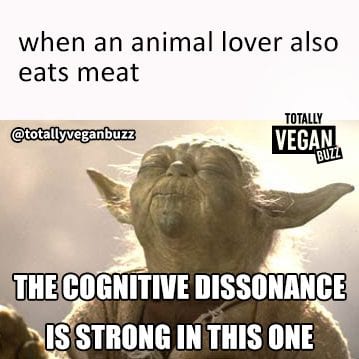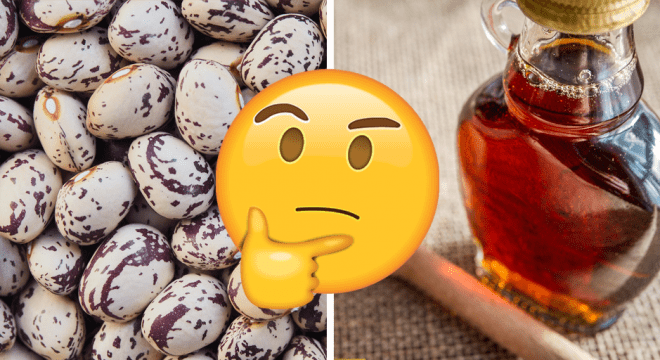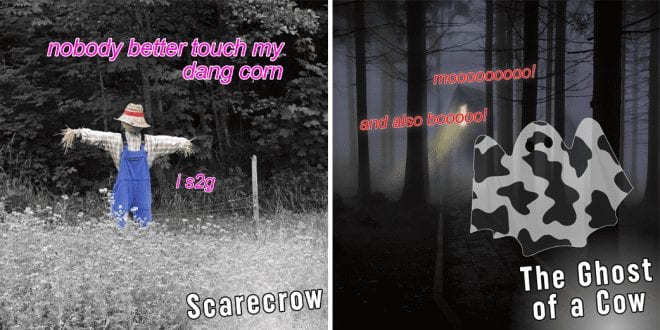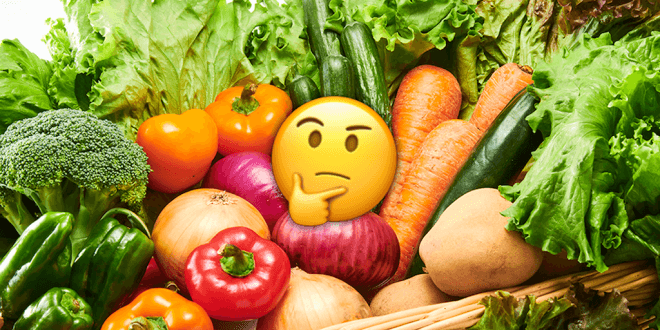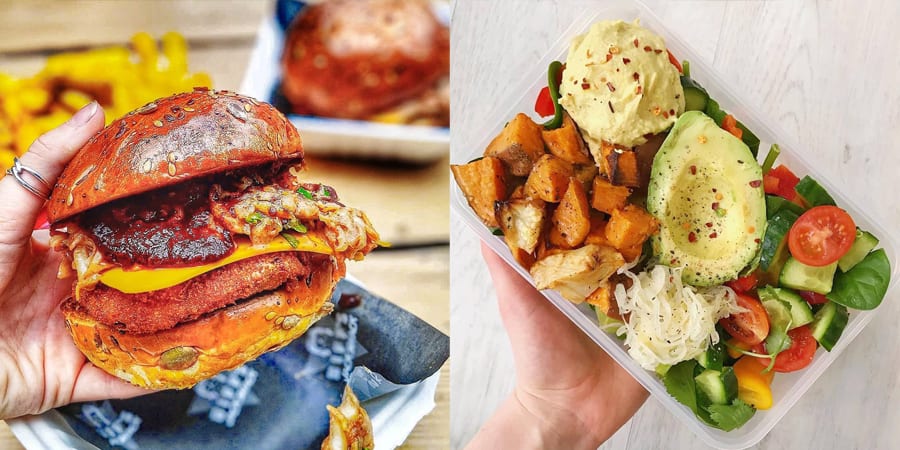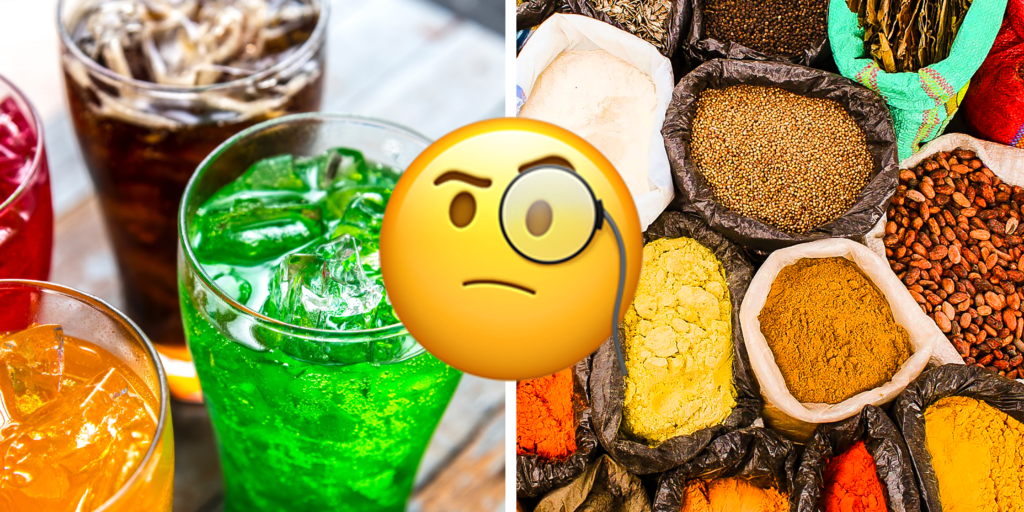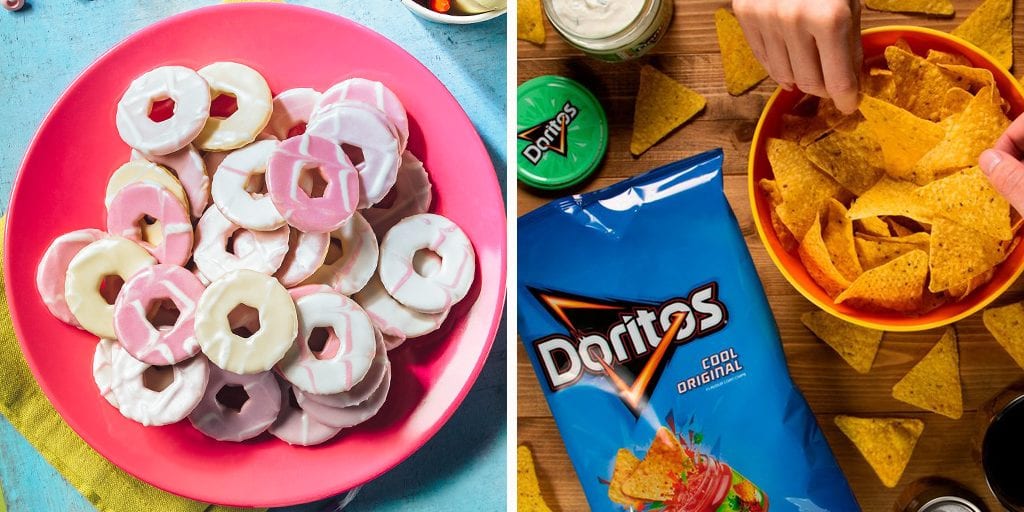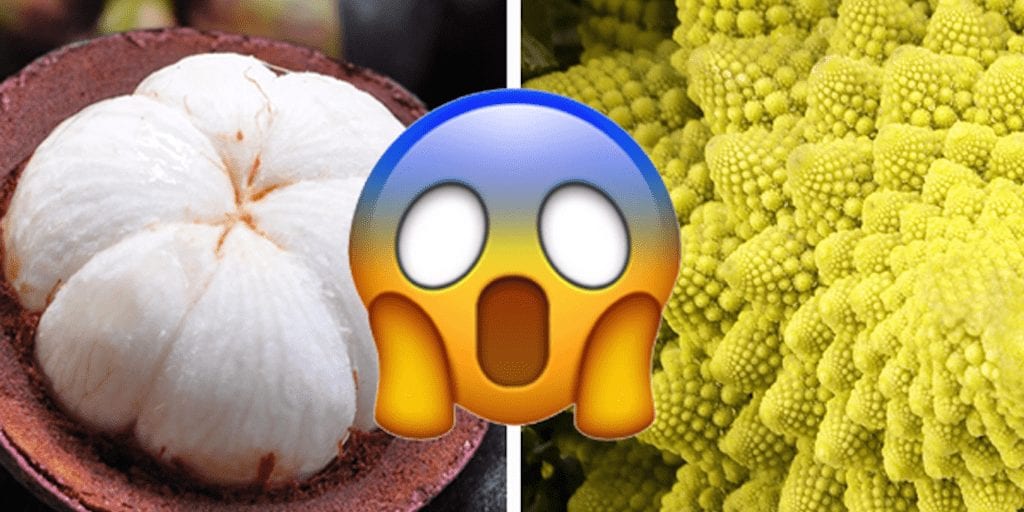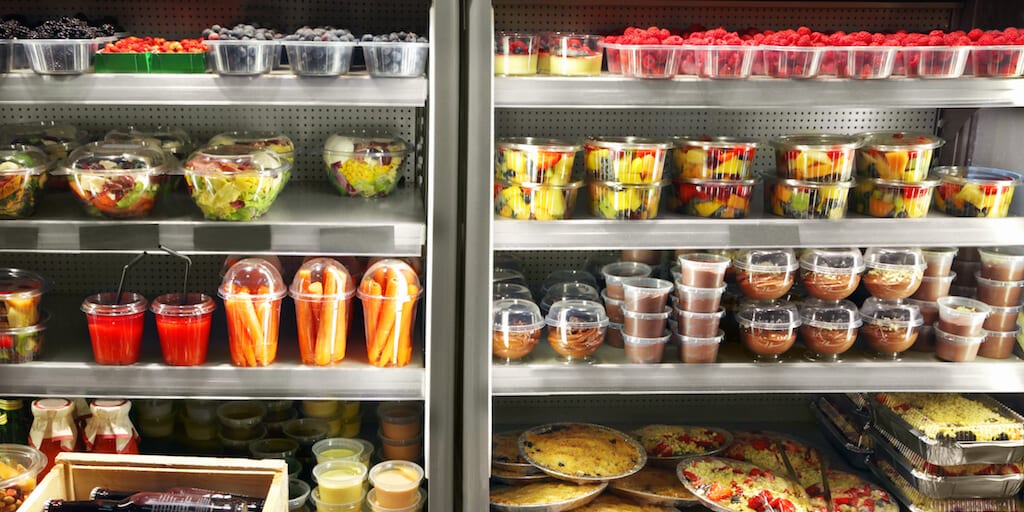
Out of the 10,500 chemicals used in plastics, about a quarter—2,480—are potentially hazardous. A further 39%—4,100—of the chemicals, could not be categorized because there is no data on their safety or toxicity.
Nearly a quarter of all chemicals including additives, processing aids, and monomers that are used to make plastic products are toxic, according to a new study.
The research led by Helene Wiesinger, doctoral student at the Chair of Ecological Systems Design at ETH Zurich, found “worrying insights” into the levels of potentially hazardous chemicals intentionally added to plastic products around the world.
The findings, published in the peer-reviewed journal Environmental Science & Technology, mark the first comprehensive database to date.
Study
With more than 350 million tonnes of plastics being produced worldwide every year, plastic is all around us.
Researchers spent two and a half years combing through 190 publicly available data sources and identified more than 10,500 substances, which are used in everything from disposable surgical face masks to food packaging, textiles and toys.
According to researchers, 24% of these intentionally added chemicals in plastics could pose significant risks to people, wildlife and the environment since these synthetic materials clog up our landfills and oceans and eventually invade our ecosystems.
Moreover, they could also negatively impact recycling and the safety of recycled materials.
“Almost a quarter of all the chemicals used in plastic are either highly stable, accumulate in organisms or are toxic,” said Wiesinger.
“These substances are often toxic to aquatic life, cause cancer or damage specific organs.”
Senior scientist and research team member Zhanyun Wang added: “The unexpectedly high number of substances of potential concern is worrying.”
The team further noted that 53% of chemicals they found potentially concerning are not regulated in the United States, the European Union, or Japan. In fact, 901 chemicals known to be hazardous are actually approved for use in food applications such as packaging, plastic takeaway containers or plastic bottles in these regions.
The study spotlighted another worrying factor about the lack of scientific data and hazard classifications.
About one-third (39%) of the substances could not be categorized by their function and 10% lacked any scientific data about their impact on humans and the planet.
“It is particularly striking that many of the questionable substances are barely regulated or are ambiguously described,” Wiesinger added.
“Until now, research, industry, and regulators have mainly concentrated on a limited number of dangerous chemicals known to be present in plastics.”
Effective global chemicals management
The team added that the lack of transparency about the chemicals in plastics and dispersed data silos pose more problems.
“We found multiple critical knowledge and data gaps, in particular for the substances and their actual uses. This ultimately hinders consumers’ choice of safe plastic products.”
The ETH researchers concluded that in order to transition to a sustainable circular plastic economy, an acute need for effective global chemicals management is necessary and open and easy access to reliable information is crucial.
Share this story: 24% of chemicals in plastic products are toxic, study shows.
About The Author
Lifestyle
Vegan culture, food, beauty & more
Is Tobey Maguire vegan? Here’s what we know
- Mohsina Dodhiya
- 17th August 2023
Tobey Maguire often speaks about veganism and animal issues. Tobey Maguire, the actor best known for playing Spider-Man in the Sam Raimi trilogy, is a vegan. He has been a vegetarian since 1992 and became a vegan in 2009. A lifelong commitment to animal rights Maguire’s decision to go vegan was motivated by his love …
Continue reading “Is Tobey Maguire vegan? Here’s what we know”
Plant-based food jobs surge with 32% growth in just 3 months
- Mohsina Dodhiya
- 17th August 2023
The number of open jobs advertised in the plant-based industry increased by almost a third from April to July 2023, GlobalData reported. The plant-based food industry is booming, and this is reflected in the number of job openings in the sector. According to data from GlobalData, the number of open jobs advertised in the plant-based …
Continue reading “Plant-based food jobs surge with 32% growth in just 3 months”
VEGAN MEMES
NEED A LAUGH?
QUIZZES
All the quizzes you love to binge!
QUIZ: If you score 11/12 on this quiz, you’re a verified vegan food expert
- Marlon Farrugia
- 10th January 2020
How much vegan knowledge do you have stored away? Do you have to Google your way through a shopping trip, or do you have all the bad E-numbers memorised? Find out now with this quiz.
QUIZ: What is your perfect Vegan Halloween Costume?
- Marlon Farrugia
- 13th October 2019
Spook Season approaches. There will be ghosts, goblins, ghouls, and glucose. You need a costume, and you want to it to show off your personality, which means VEGAN. But what to choose? Take our quiz to find out your perfect outfit.
QUIZ: What kind of vegetable are you?
- Marlon Farrugia
- 26th September 2019
“If you were a vegetable, what kind would you be?” A question that has tormented humanity throughout the ages – until now. Read: QUIZ: If you score 19/20 on THIS quiz, you’re a Vegan God

